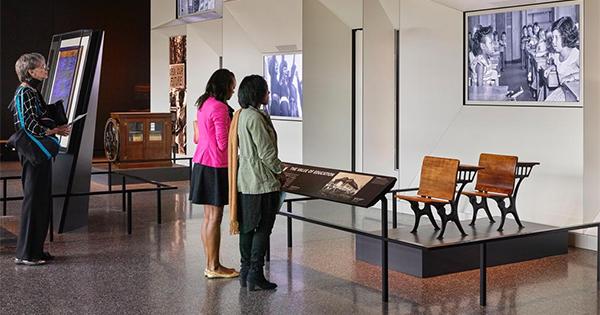Nationwide — A rising wave of e-book bans, curriculum censorship, and removing of things from museums is wiping Black historical past out of sight from Americans, and Black librarians are sounding the alarm.With over 2,500 documented censorship attempts in 2023 alone, books by and about Black People are being focused at historic charges, in response to the American Library Affiliation. Librarians warn that this development shouldn’t be random: it’s a part of an extended, deliberate effort to silence Black voices.
“This isn’t nearly banning books. It’s about erasing our historical past,” says Rodney Freeman, librarian and producer of the upcoming documentary Are You A Librarian? “If we don’t inform the tales of Black battle and resilience, we erase the very basis of American democracy.”
A Historic Battle for the Proper to Know
At the moment’s censorship is the most recent chapter in an extended struggle towards Black erasure. Throughout slavery, legal guidelines forbade Black People from studying to learn. Within the Jim Crow period, Black residents had been barred from public libraries or relegated to underfunded, segregated branches. Even then, Black communities fought again—creating secret studying societies, launching “read-in” protests, and demanding entry to information.
“Black literacy has at all times been a radical act of resistance,” Freeman stated. “At the moment’s e-book bans are a contemporary model of these outdated chains.”
Librarians on the Frontlines
Traditionally, Black librarians have been the unsung heroes of cultural preservation. Figures like Arturo Schomburg, Vivian G. Harsh, and Dorothy Porter Wesley constructed archives when mainstream establishments erased Black tales. Their work ensured that future generations would know their true heritage.
Now, trendy Black librarians stick with it that legacy. From organizing banned-book shows to main group teach-ins to offering supplies that may go unnoticed by the typical American, they’re preventing to maintain various tales alive amid mounting political strain.
“With out Black librarians, a lot of our historical past would have been erased already,” Freeman stated. “Now the query is: will we let it occur once more?”
A Nationwide Disaster, An Pressing Name
Censorship in the present day disproportionately targets Black, Indigenous, and LGBTQ+ authors, making a chilling impact throughout libraries and faculties. In some states, academics face penalties merely for mentioning systemic racism or slavery.
“Freedom to learn is freedom to assume,” Freeman emphasised. “And freedom to assume is non-negotiable in a democracy.”
Black librarians urge journalists, educators, and the general public to behave now by reporting on censorship efforts, supporting various libraries, and pushing again towards insurance policies that search to whitewash historical past.
“This isn’t only a library subject—it’s a struggle for America’s soul.”
For interviews with Rodney Freeman or different Black librarians on the frontlines, please contact Rodney Freeman at [email protected]
